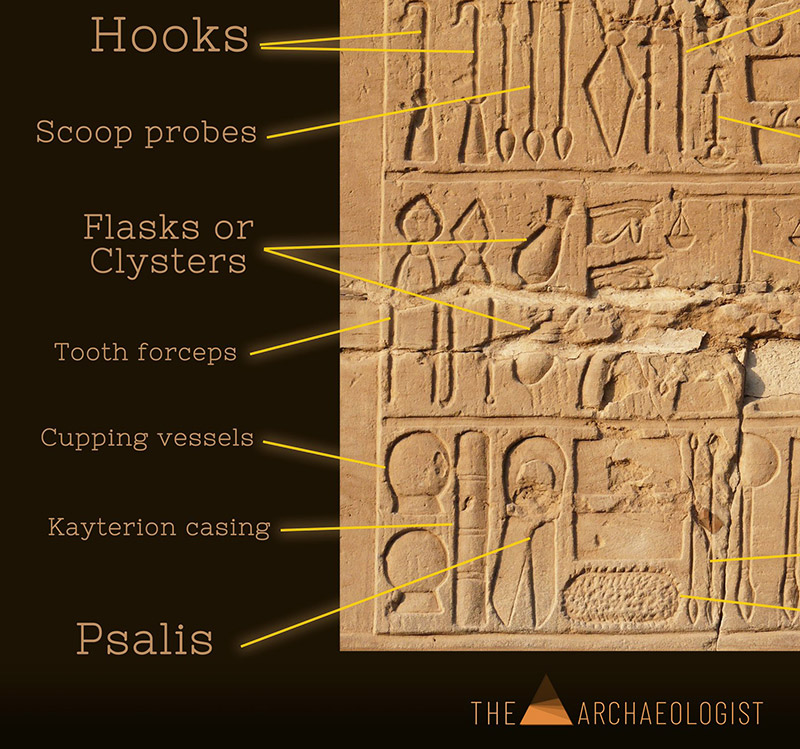What is Hijama Cupping Therapy?
Defining Cupping
In any conversation about 'Cupping' - it is important to first distinguish which type of Cupping we are referring to, as they are very different in both practice and effect. There are primarily TWO types of Cupping - Blood Cupping and Dry Cupping. Blood Cupping (also referred to as Wet cupping) is defined by the removal of blood from the body. (Hijama is in this category). Dry cupping is the type of Cupping that involves NO removal of blood. This is the type that has become visibly popular amongst Olympic athletes recently as it leaves circular marks on the skin.

World Swimming Champion Michael Phelps utilizes 'Dry cupping' as indicated by the circular marks left on his body.
History
Blood Cupping has been used for thousands of years. Although it is often associated with traditional Chinese Medicine, the entire world once knew this of therapy and used it. The Ancient Egyptians, Greeks and Chinese used Cupping therapy. The oldest recorded medical textbook, Ebers Papyrus, written in approximately 1550 BCE in Egypt, mentions Cupping (Curtis, 2005).

Cupping instruments can be seen in heiroglyphics.
In the UK, the practice of Cupping therapy also dates back a long time, as it was mentioned in one of the leading medical journals called 'The Lancet', founded in 1823. The word Lancet refers to the surgical instrument that can scrape the skin to perform blood cupping. Blood Cupping is the most frequently used, oldest and often the most effective method.
How Blood Cupping works
A surgical instrument is used to scrape / pierce the skin and a cup is applied to collect blood. The air inside the cup is removed in some way, to form a vacuum. The vaccum has the effect of drawing out the blood and collecting it in the cup. Over the centuries, the method of forming the vacuum has varied greatly. As have the materials used for the cup.
How Dry Cupping works
Cups are placed on various points of the body with a vacuum created inside. The cups simply remain there for a while until the skin swells up due to the vacuum. No blood is removed. Different materials can be used for the cup such as glass, plastic, bamboo or silicone. It is alleged that the swelling of the skin can increase bloodflow and reduce swelling and tension etc. (It is important to note that this is NOT what Hijama is.)
Hijama
'Hijama' in Arabic is derived from the word 'hajm' which means sucking. And it refers to the practice of Blood Cupping only. Most Muslim Cupping therapists are trained for the Sunnah Cupping points on the body. This is the area on the back, in between the shoulder blades, slightly towards the neck. There are many other Cupping points too to target different conditions. However for someone who just wants Hijama done to follow the Sunnah, the 'Sunnah points' are where the therapist will apply the cups.
Moving Cupping / Massage Cupping
A form of dry cupping. This is a method of massage and is done by applying oil to the skin and moving the cup, by a weak suction, on the area to be treated.
Herbal Cupping
A suitable herbal tincture is put into the cup and then suction is applied.
Hot Cupping
Dried mugwort (Artemisia vulgaris) leaves, sometimes called by its Oriental name, Moxa, is a great warming herb. A needle is used, warmed by dried mugwort and then the cup is applied over the needle.
Water Cupping
This is the least practiced method. It involves filling a third of the cup with warm water. Whilst holding the cup close to the client with one hand, it is brought to the point to be cupped and then burning cotton wool is inserted into the cup, then swiftly and simultaneously the cup is turned onto the skin. When performed properly, no water spillage occurs.
FAQs
Is Hijama painful?
Hijama is not painful, however to give you and idea it is probably similar to having a blood test. Hijama is not as intrusive as a blood test though as it does not penetrate the veins.
I am not a Muslim can I benefit from the therapies mentioned on your website?
Absolutely, please get in touch with us and we would be glad to assist.
Bubbling Blood Myth
Hijama Clinic has a non-superstitious approach to the Prophetic remedies and we have made videos challenging some of the common myths in circulation, relating to Hijama. Such as 'bubbling blood' being a sign of Jinn or magic. This video demonstrates that the bubbling of blood or water, is merely a result of being in a vaccum.
See the video below for more details.
Resources
Islam Channel
Br Yasin offers a brief introduction to what Hijama is on Islam Channel UK and the common myths held by some Muslims about Hijama.
KN-OW.com - International Cupping Society
A discussion regarding Hijama with the vice chairman of the International Cupping Society - UK.
Links to scientific research
Much research information regarding cupping can be obtained from the following websites:
1) 'Cupping: From a biomechanical perspective' by L.M. Thama, H.P. Leea,b,_, C. Lua (Journal of Biomechanics) June 2005 (www.elsevier.com/locate/jbiomech)
2) 'Cupping' by Subhuti Dharmananda, Ph.D., Director, Institute for Traditional Medicine, Portland, Oregon (www.itmonline.org/arts/cupping.htm)
3) Ancient Chinese Technique of Cupping Offers Pain Relief Without Drugs or Surgery (www.NaturalNews.com/020253.html)
4) 'Massage Cupping Therapy for Health Care Professionals' By Anita J. Shannon, LMBT (www.massagetoday.com/articles/10868/)
Disclaimer: Please note Hijama Clinic takes no responsibility for information contained on external links from this website. Views expressed by individuals and organisations on their own webpages or on external sites they link to, are not necessarily those of Hijama Clinic.
